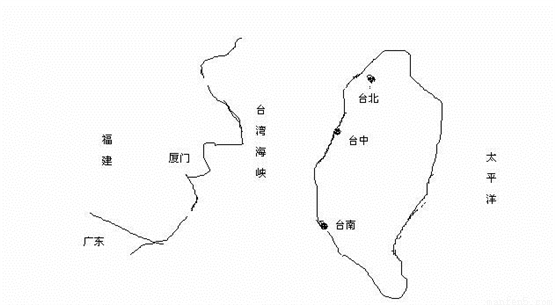题目内容
Forest are amazing and so are the animals that live in them. We enjoy watching TV shows about bears, bats or monkeys. We know a lot about their lives: how they find food or what they do at different times of the year. But what about smaller animals that are more difficult to see or film?
Many small animals that live in forests are very important for the soil. A French scientist, Francois Xavier Joly, is studying one of them — the millipede(千足虫).
The importance of leaves
When the leaves begin to die in fall, they turn from green to yellow and fall from the trees. As they decompose on the ground, nutrients(营养物质) are returned to the soil and carbon dioxide to the air. Life in the forest needs these nutrients. Without them, plants could not grow and there would be no food for animals such as the millipede.
Food on the forest floor
Some living things, like mushrooms, break the leaves into smaller pieces and eat them. In a few months there is nothing left of them. But for mushrooms, not all trees are the same. Mushrooms prefer some types of leaves to others. This means that some leaves take much longer to be broken down than others. Sometimes it takes years. So what happens to these? This is where the millipede can help.
More on the menu
The millipede also likes leaves and it eats any type. But when it has finished, it produces waste. This waste then becomes the food of mushrooms. When mushrooms eat leaves they choose only certain types but when they eat waste, they will eat any kind. This is how the millipede turns dead leaves into food for others and helps life continue.
So next time you are walking through a forest, remember that something may be having a meal right under your feet.
1.According to the passage, what can we learn about the millipede?
A. It can often be seen on TV shows.
B. It mostly feeds on the nutrients in the soil.
C. It is too small to be noticed by people.
D. It lives under mushrooms in the forest.
2.What does the underlined word "decompose" in Paragraph 3 mean?
A. Break down.
B. Dry up.
C. Dig in.
D. Make out.
3.What does the author want to tell us by mentioning mushrooms?
A. The millipede eats mushrooms in the forest.
B. The millipede helps to provide food for mushrooms.
C. Mushrooms play an important part in helping millipedes out.
D. Mushrooms decide what types of leaves the millipede will eat.
4.According to the author, the millipede is ________.
A. poisonous
B. rare
C. unimportant
D. amazing


